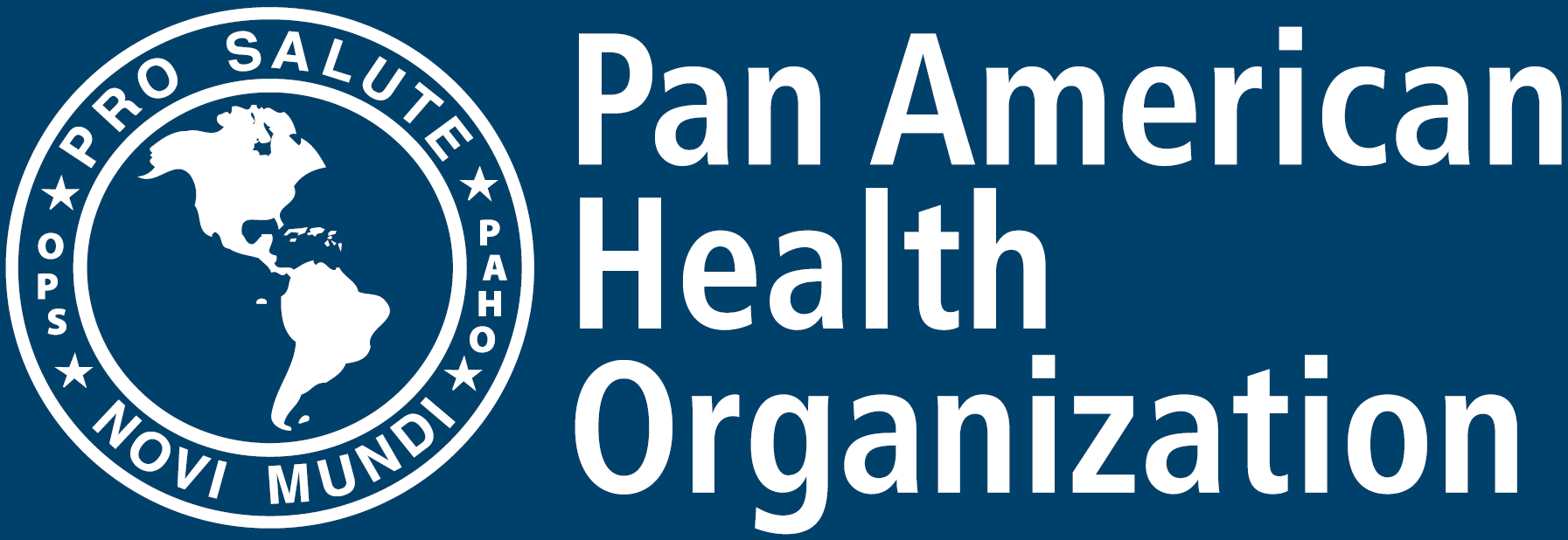This program aims to form a network of forensic laboratories with the capacity to analyze and screen for new and emerging drugs, including synthetic opioids, new psychoactive substances, and other synthetic drugs. This network will facilitate:
- The creation of an inventory of forensic laboratories in Latin America and the Caribbean (LAC).
- The creation of a directory of nationally managed or affiliated forensic laboratories in LAC countries.
- Information sharing among laboratories, with national early warning systems (EWS), and with the Early Warning System of the Americas (SATA, by its Spanish language acronym)
- The provision of training and technical support from those countries with more developed laboratories to those with less analytical capacity.
- The exchange of experiences and best practices, the exchange of chemical standards, legislation, and the training of professional teams in updated techniques for analyzing new drugs.
- The creation of a mechanism for cross-border analysis of drug samples.
The emergence of synthetic drugs in LAC has amplified one of the challenges experienced by some OAS member states in combating this threat, namely the lack of capacity to perform chemical analysis to identify and classify these new substances. In some countries, the existing national laboratory does not have the equipment, standards, supplies, or personnel to perform this essential function that is critical to law enforcement and for national EWS. As such, law enforcement efforts and the development of national EWS may be stymied in some countries due to the lack of access to chemical analysis services. Efforts to improve this situation will redound to the benefit of law enforcement and EWS systems in countries where synthetic drugs are beginning to emerge and become problematic. Despite these challenges, CICAD has been working to support member states through training, SATA, and the publication of information bulletins and other reports based on the best available information.
Information Bulletin: North American Trends in Fentanyl Use, Production, and Supply, March 2023
Report on Drug Supply in the Americas 2022
Emerging Drugs in the Americas: New Psychoactive Substances, Including Synthetic Opioids, 2022
Summary of main findings from the emerging threats project: new psychoactive substances, heroin, fentanyl, and other opioids, April 2021
Drug Adulterants and their Effects on the Health of Users: A Critical Review, 2019
CICAD training events on early warning systems have consistently included laboratory personnel who share their experiences with other national stakeholders. National laboratory personnel in all LAC countries with an existing EWS, as well as those considering the creation of an EWS, have received training in several events over the past 4 years.
National laboratories form part of existing EWS in the Americas and provide relevant information for identifying and classifying new substances, assessing their risk, and generating alerts and other information.
CICAD has partnered with the UNODC Global SMART Programme and will continue to do so as it supports Latin American and Caribbean countries in the improvement of their capacity to detect new drugs and support national EWS.
- Prepare an inventory of existing laboratories in LAC.
- Create a directory of nationally managed or affiliated forensic laboratories in LAC with designated points of contact.
- Create a mechanism for secure information sharing among laboratories.
- Convene national and regional training events to improve communication among forensic labs, national early warning systems (EWS), and the Early Warning System of the Americas (SATA).
- Facilitate training and technical support and the exchange of experiences from those countries with more developed laboratories to those with less analytical capacity through workshops, study visits, and expert consultations.
- Foster regular exchange of experiences and best practices, the exchange of chemical standards, legislation, and the training of professional teams in updated techniques for analyzing new drugs through dialogue, reports, and other publications.
- Create a mechanism for cross-border cooperation on the analysis of drug samples.
- Create a shared database of the results of the analysis of synthetic drugs seized in the Americas.
- Strengthened capacity of forensic laboratories in LAC countries to detect and analyze synthetic drugs, NPS (New Psychoactive Substances), and other emerging drugs and share this information rapidly and promptly with national early warning systems and the Early Warning System of the Americas (SATA).
- Improved information sharing among laboratories in LAC.
- Improved access to analytical services for the analysis of seized drugs and other drug samples.
- Improvement in the quality and quantity of information on synthetic drugs in LAC countries.
- Strengthened capacity of forensic laboratories in Latin American and Caribbean countries to detect and analyze synthetic drugs, NPS, and other emerging drugs as measured by the % increase in the number of drug samples analyzed across the region.
- Increased information sharing based on the increase in the number of publications, reports, and alerts on synthetic drugs in participating LAC countries.
- Improvement in the functioning of existing early warning systems and the creation of new early warning systems in LAC countries.
Marya Hynes, Chief, Inter-American Observatory on Drugs (OID), MHynes [at] oas [dot] org (MHynes[at]oas[dot]org), OID_CICAD [at] oas [dot] org (OID_CICAD[at]oas[dot]org) https://www.oas.org/ext/en/main/oas/our-structure/gs/sms/cicad/interame…




